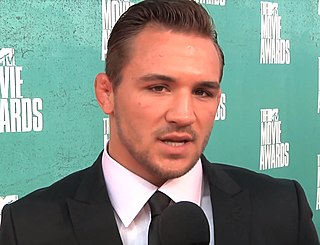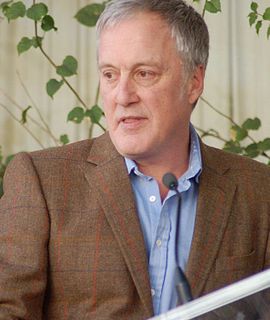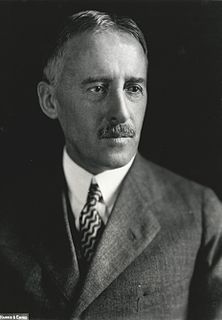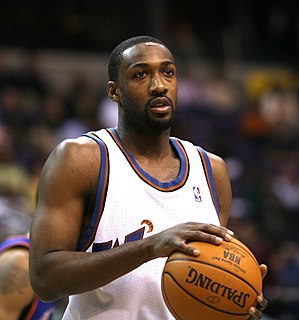A Quote by Fritz Stern
Life and study have persuaded me of the openness of history. There is no inevitability in history. Thinking about what might have happened, what could have happened, is a necessary element in trying to understand what did happen. And if, as I believe, individual acts of decency and courage make a difference, then they need to be recorded and remembered.
Related Quotes
Not all that is presented to us as history has really happened; and what really happened did not actually happen the way it is presented to us; moreover, what really happened is only a small part of all that happened. Everything in history remains uncertain, the largest events as well as the smallest occurrence.
You can’t say ‘if this didn’t happen then that would have happened’ because you don’t know everything that might have happened. You might think something’d be good, but for all you know it could have turned out horrible. You can’t say ‘If only I’d…’ because you could be wishing for anything. The point is, you’ll never know. You’ve gone past. So there’s no use thinking about it.
I have to throw in on a personal note that I didn't like history when I was in high school. I didn't study history when I was in college, none at all, and only started to do graduate study when my children were going to graduate school. What first intrigued me was this desire to understand my family and put it in the context of American history. That makes history so appealing and so central to what I am trying to do.
Let's say that history is what happened. The record of what happened is how each individual happens to see those events. They've already been ?ltered. When the historian or biographer takes over, history is no longer exactly what happened, because there has been a process of selection going on; it's impossible to write about anyone, any event, in any period of time, without in some way imposing, even unconsciously, your own standards, your own values.
So, you could often say things are terrible and that accounts for what happened, or things are really bright, and that accounts for what happened. Often, the real explanation for what happened is much more subtle and interesting and involves maybe small shocks or what a couple people did on a Wednesday morning that changed the arc of history.
We’re constantly changing facts, rewriting history to make things easier, to make them fit in with our preferred version of events. We do it automatically. We invent memories. Without thinking. If we tell ourselves something happened often enough we start to believe it, and then we can actually remember it.
The thing that happened in Washington -- it happened. All you can do is just grow from it. That took a toll on me. That was probably -- I think if I could've bounced mentally out of that situation faster than I did, I would probably still be in the NBA. But since I couldn't understand why they were trying to treat me like that, I basically gave up. I just didn't want to be a part of it anymore.
LA is such a crumbling mess of a city. Basically in all my years of travelling, I haven't found another city in the western world that interest me as much as Los Angeles - which might sound like heresy, but most cities, history has already happened and the people living there are sort of living on the bones of the thousand years of history that's already happened there. Whereas LA is always reinventing itself.
But you have to understand what that really did is that it opened these DVDs to be sources of oral history instead of puff pieces for the studio, because people involved with them being in fear of being sued by somebody, so it became another form of movie history. I mean I didn't plan it, but I'm proud that it happened. Which is probably why they didn't interview me for this DVD.
I was this Swedish kid who came over here to study engineering, but I got into movies, and suddenly I'm in this 'Rocky' picture with Sylvester Stallone. And then the movie comes out, and it's a big hit, and I'm famous. Like, world famous. I wasn't thinking of ruling Hollywood; I was thinking of just trying to make it to the next day, trying to figure out what the hell happened.








































